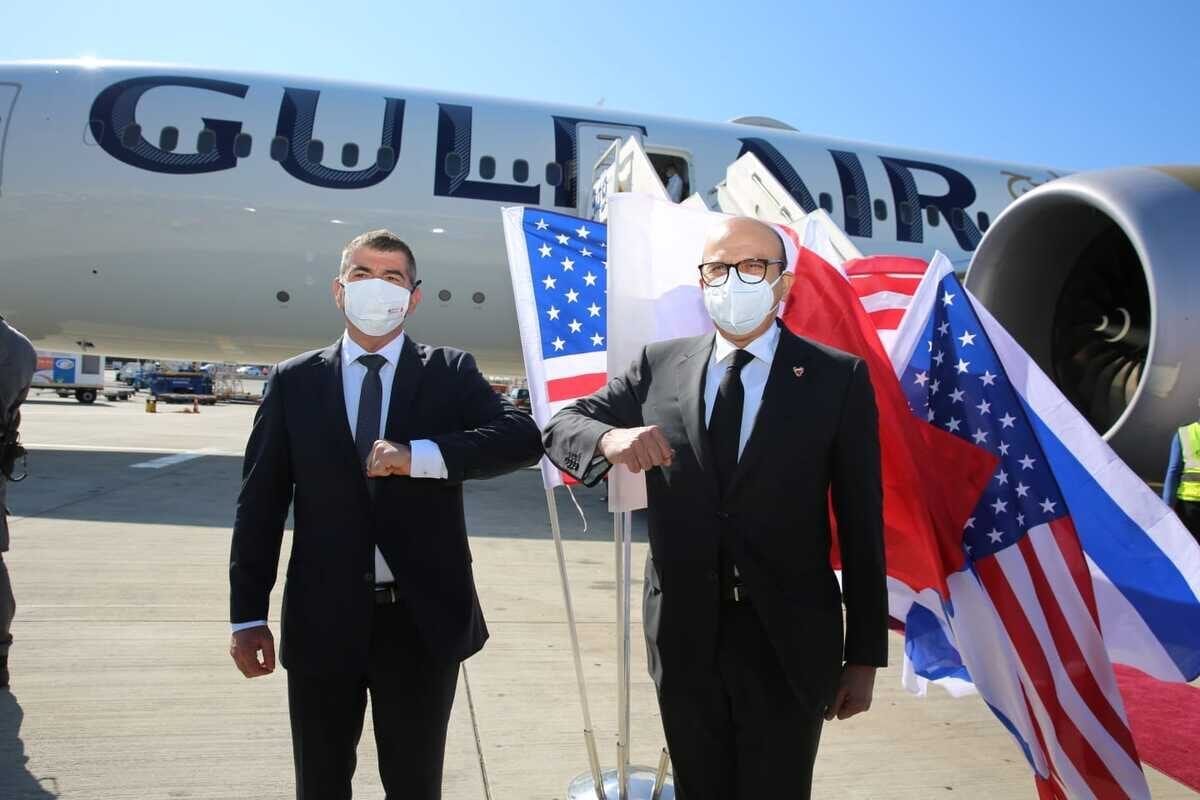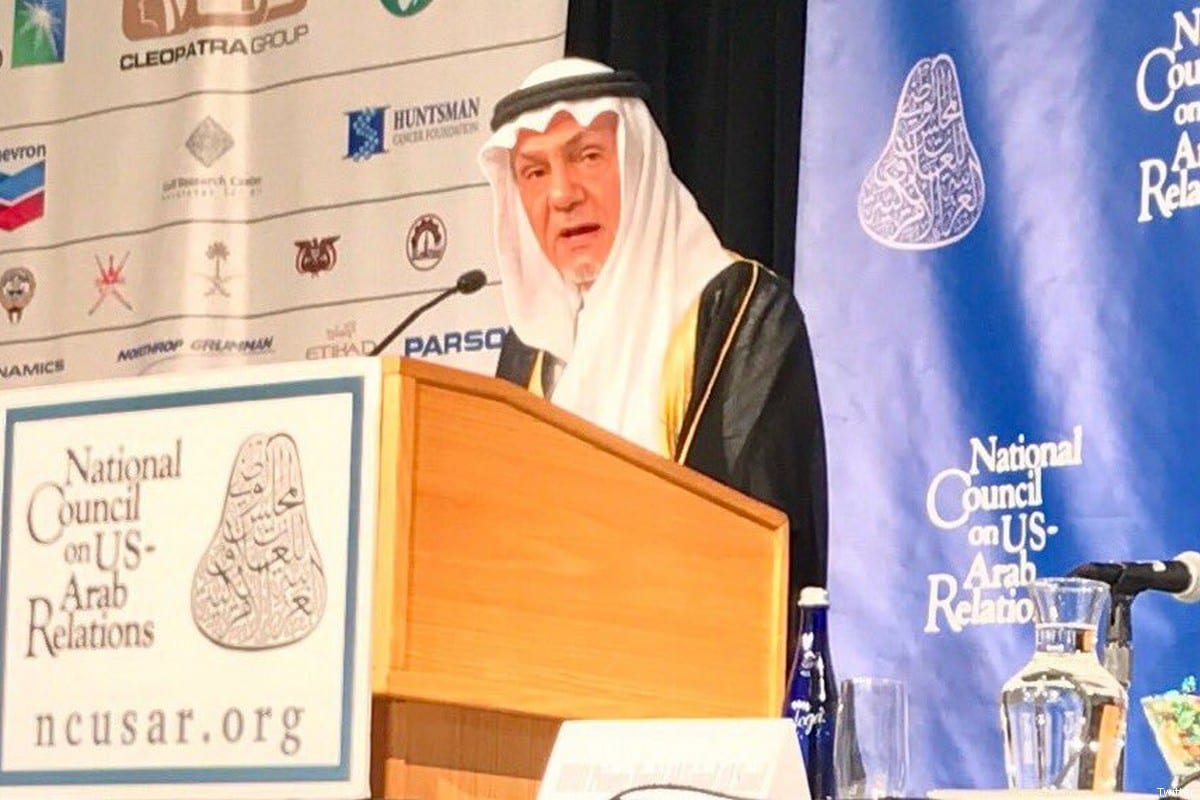TRUMP MINI-ME
'Alberta bashing:' Kenney rejects criticism he waited too long on COVID rules
EDMONTON — Premier Jason Kenney is rejecting criticism he waited too long to bring in tighter COVID-19 measures, labelling such talk as “Alberta bashing.”

© Provided by The Canadian Press
The comment came in a radio interview Wednesday with Edmonton's CHED radio station. Kenney lauded Alberta’s pandemic response in the spring, including when Edmonton hosted the National Hockey League playoffs in an isolation “bubble.”
That prompted host Shaye Ganam to interject: “Premier Kenney, with all due respect, you’re talking about things that happened several months ago, and we’re in a drastically different situation now.
“Things are far, far worse when you talk about our record in terms of pandemic response. It’s among the worst, especially in Canada."
Kenney countered: “I don’t accept the Alberta bashing that is going on here.”
The premier said Alberta’s high COVID-19 case counts don’t reflect the number of people who are sick. He said comparable jurisdictions are facing similar rates and the key metric is death rates.
TRUMP EXCUSE
“The truth is Alberta’s fatality rate of COVID cases, which is the most important statistic, is ... significantly below that of Ontario, of Quebec, of Manitoba and only slightly ahead of British Columbia,” Kenney said.
On Tuesday, the premier rejected taking responsibility for the soaring case numbers at a news conference where he announced more strict public-health measures.
“From a health perspective, it’s clear your approach hasn’t worked to date and has arguably even cost people their lives. Do you acknowledge any responsibility and apologize for the way you’ve handled the second wave of the pandemic?” asked Postmedia reporter Sammy Hudes.
“That sounds a lot more like an NDP speech than a media question, Sammy,” replied the United Conservative premier. “I reject the entire premise of your question.
"You have just joined folks who are doing drive-by smears on Alberta.
"We've tried to do this in a balanced way and now it's up to Albertans to rise to the challenge," Kenney said.
Alberta reported more than 21,000 active cases Tuesday with 654 people in hospital — 112 of them receiving intensive care. There have been 640 deaths.
The province's health system has been reassigning patients, staff, wards and spaces to free up more intensive care beds.
The Opposition NDP and hundreds of doctors had for weeks been calling for a lockdown, saying case rates were projecting a dire situation.
In response, Kenney banned extended indoor private gatherings two weeks ago and put further limits on customers in stores and businesses. But he said it was critical to keep shops, casinos, waterparks, and other businesses open as much as possible to prevent further damage to the economy, community well-being and mental health.
NDP Leader Rachel Notley said Kenney ignored public health advice for a month and Albertans are now paying for it.
“We could have acted four weeks ago,” Notley said Tuesday.
(NINE MONTHS AND FOUR WEEKS AGO)
“Since then, an additional 317 Albertans have died. The number of people in hospital has shot up 469 per cent. The number of ICU patients is up 300 per cent. We have the highest number of active cases of COVID-19 in the country.
“And now all of us are staring down the barrel of the most restrictive Christmas we could ever have imagined.”
The new rules, in place for at least four weeks, shutter almost all public activities while keeping retail businesses open at sharply reduced capacity.
There is a ban on indoor social gatherings beyond those who live under the same roof. No outdoor gatherings are allowed except for fitness activities, like running, skiing and skating, as long as the participants follow health and distancing rules.
Jobs Minister Doug Schweitzer also announced $500 million in supports to help small and medium-sized businesses survive the shutdown.
This report by The Canadian Press was first published Dec. 9, 2020.
Dean Bennett, The Canadian Press












